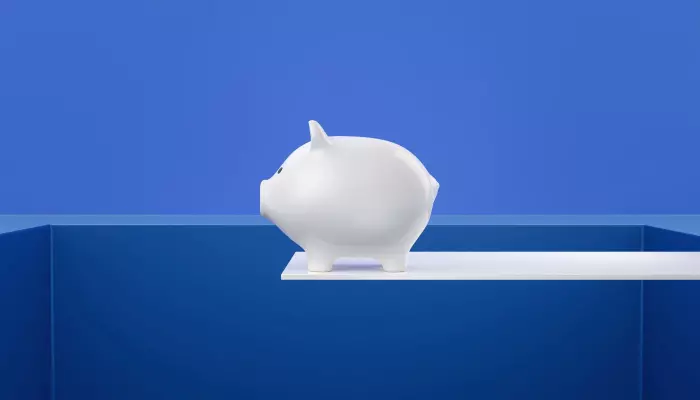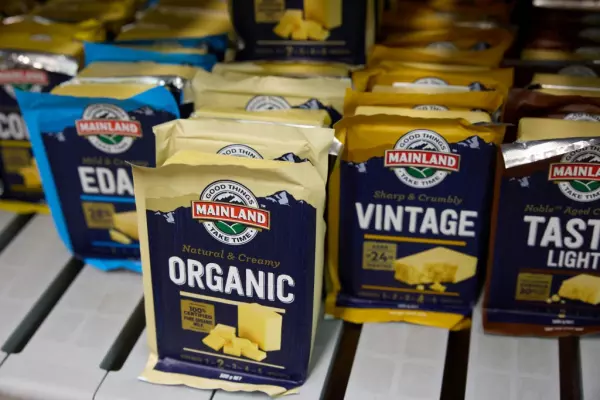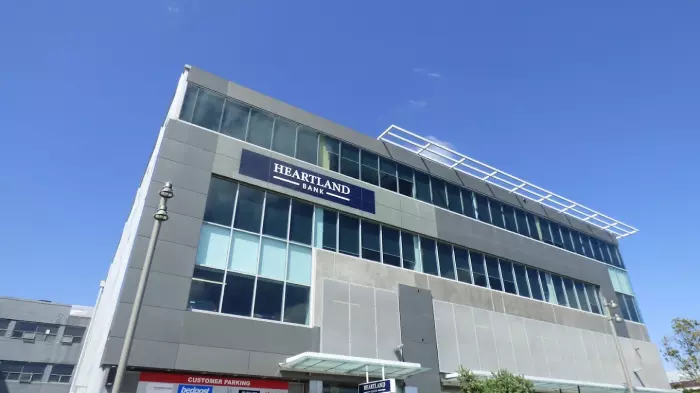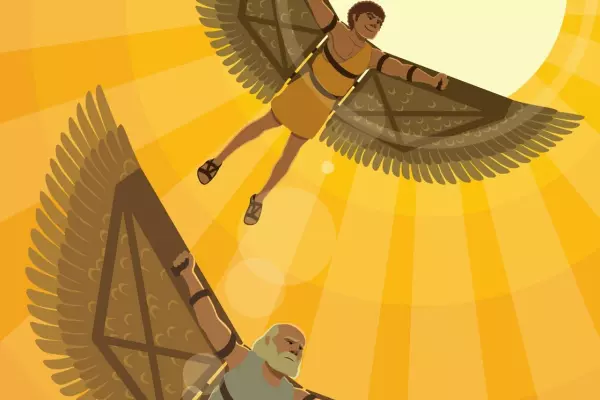BusinessDesk investments editor Frances Cook responds to emails from readers each week to answer questions about money. Below, you will find her expert advice. Send your own questions to [email protected].
Hi Frances,
I have a savings question that I figure others might have too so I thought I'd ask in case you wanted to answer it more widely.
With all this talk of a recession coming, should I still be putting extra into my super scheme? I have a KiwiSaver plus another super fund I contribute to – which I put voluntary money into – and I can stop these contributions any time.
Am I better off just putting this money into my savings account?
Thanks!
C
Hi C,
This is a common fear, but let me be straight up with you; now is the best time to be putting money into your KiwiSaver. For almost anyone, it will be a better bet than a savings account.
Let me tell you why, and stick around for the times when you might be the exception to the rule.
There’s a famous quote from Mark Yusko – one of the world's top hedge fund allocators – that "only in the stock market do people run out of the store when things go on sale".
The market going down makes it feel like you’re losing money. But this is only a problem if you’re planning to cash out soon, whether that’s for a house or retirement.
If that’s the plan, then best to delay that cashing out if possible. Just like when house prices are down, you don’t want to sell when prices are down in your KiwiSaver fund.
But also like housing, if you’re currently looking to buy, right now is an opportunity.
If you’re still contributing to KiwiSaver, that’s you.
Dollars make cents
The market going down is actually a key way to make your money for retirement.
Your money goes further. Just like heading into a Briscoes sale, you’re able to make the same amount of money buy more stuff.
If you only buy in boom times, you’re getting less for your money.
How much better does this work out? Let’s do some quick numbers.
Say you’ve got just $10. The market is doing well, so you can buy shares for $2 each. You get five of them.
But it goes down, now the shares are worth $1 each. You put in $10 and are buying 10 of them.
Now you might think, on average, you’ve paid $1.50. But you bought 15 shares for $20, so the average price is actually $1.33.
Why? You could buy more when they were cheaper.
So now you’re in the game for a bigger increase when the economy eventually recovers (as it always has in the past), sending share prices back up. You’re also in the game for more dividends when companies pay those out.
Continuing to drip-feed your money in whether the market is doing, up, down, or sideways, means you tend to do better overall.
The small print
Now, there’s a small asterisk on this. The market is down, investments are cheaper, and your money goes further … because the economy is having a bad time.
Some businesses might collapse, quite unexpectedly.
People who yell about ‘buying the dip’ often don’t mention the small print that you need to make sure any buying is spread across many different investments, in order to protect your cash if one of those collapses happens.
That way you lose 2% of your investment, instead of 100%.
The good news is KiwiSaver is perfectly set up for this.
Whether you’re in a conservative, balanced, or growth fund, you’ll still be in a fund that invests in hundreds of different businesses, across different asset types. This is the ideal way to invest at a time like this.
It’s also managed by professionals, so the idea is that they should be able to protect you from investing in anything too shaky.
That second point is less important than the first, though. The key strategy at times like this is spreading your money around. Which it is, in KiwiSaver.
The only other issue is whether you feel like you might need cash on hand at a time like this. I’ve assumed that you have some savings for if you have an unexpected bill.
Seeing as we’re heading into a recession, it’s also worth considering if you have backup money for if you lose your job. Not pleasant, I know, but important.
The standard advice is to make sure you have enough savings to pay three months of your core bills, in case you unexpectedly lose your job.
At a time like this, that advice is more important than ever. A bit of breathing space can give you mental fortitude, even if your job never ends up being in danger.
If seeing the value of your KiwiSaver go down is messing with your head, maybe don’t check your balance for a while.
But I wouldn’t stop putting money in unless you’re worried you might need the cash to get through the coming recession, or for something like a house deposit.
Otherwise, right now is when you’re laying the groundwork for a reward later. It is actually the ideal time to be investing, as long as you have time up your sleeve to wait for the reward of the bounce back.
Send questions to [email protected] if you want to be featured in the column. Emails should be about 200 words, and we won't publish your name. Unfortunately, Frances is not able to respond to every email received, or offer individual financial advice.
Information in this column is general in nature and should not be taken as individual financial advice. Frances Cook and BusinessDesk are not responsible for any loss a reader may suffer.














